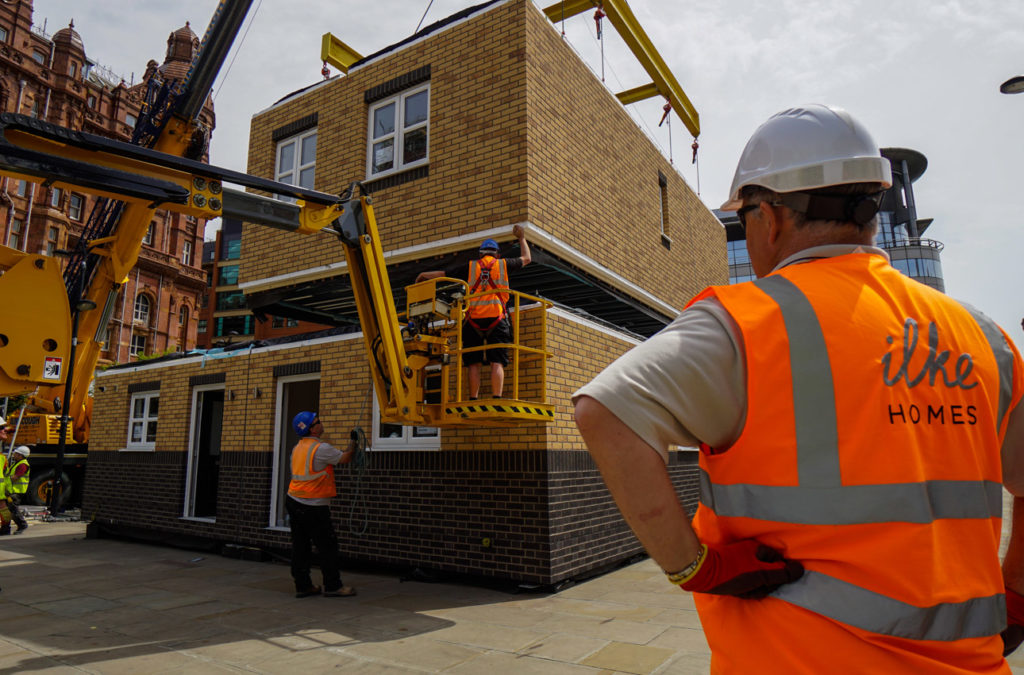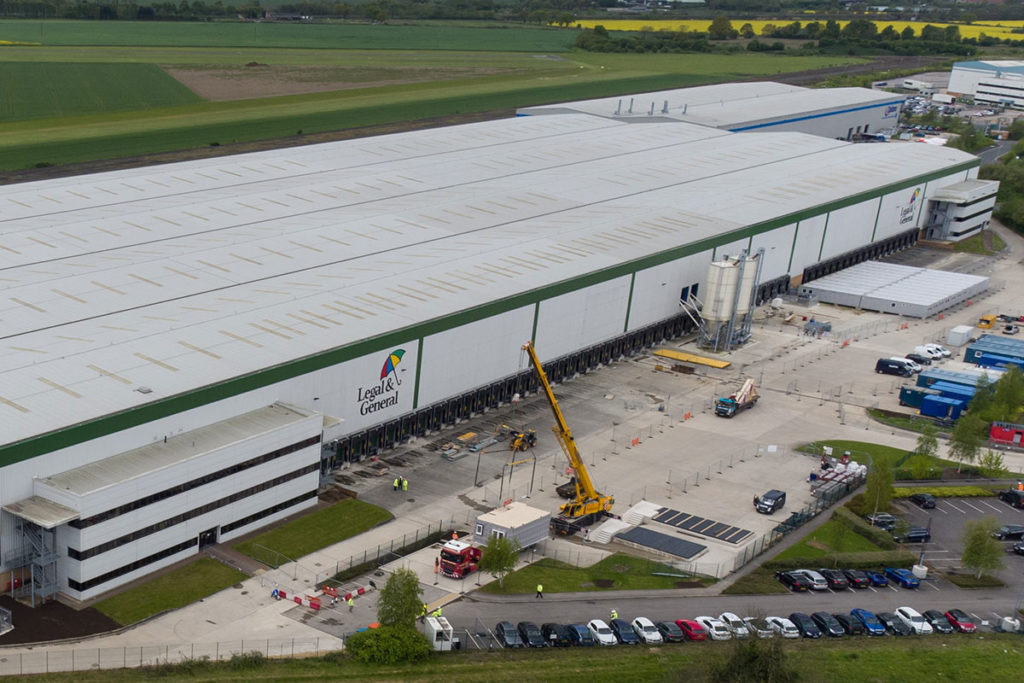The construction industry, a cornerstone of economic development, has witnessed the emergence and subsequent decline of several prominent offsite and modular companies in recent years. Firms such as Ilke Homes, Katerra, and Legal and General Modular have faced a myriad of challenges leading to their downfall. There are multifaceted reasons behind these failures, spanning from financial mismanagement to supply chain disruptions and beyond.
Financial Mismanagement: A Common Achilles’ Heel
One of the recurring themes in the demise of these construction companies has been financial mismanagement. Overspending, underestimating project costs, or embarking on ventures without adequate funding have proven detrimental. These financial difficulties, when left unaddressed, can sow the seeds of a company’s ultimate demise, rendering them unable to sustain their operations.

Supply Chain Disruptions
In the construction industry, the seamless flow of materials and labor is paramount. However, unforeseen supply chain disruptions, exemplified by the seismic impact of the COVID-19 pandemic, have emerged as a significant challenge. These disruptions, leading to delays and escalating costs, have imperiled companies’ ability to complete projects on time and within budget.
The Peril of Unrealistic Expansion Plans
Rapid and aggressive expansion plans without due consideration of market demand and scalability have proved perilous for construction companies. The allure of growth can strain a firm’s resources, precipitating financial instability. A misstep in this domain can rapidly erode a company’s foundations, leaving it teetering on the brink.

Navigating the Maze of Technical Challenges
Innovative modular and off-site construction methods have become increasingly popular in the industry. However, these approaches come with technical intricacies. Problems related to design, manufacturing, or quality control have frequently surfaced, resulting in project delays, cost overruns, and dissatisfied clients. Companies must adeptly navigate these hurdles to thrive in the modern construction landscape.
Regulatory and Compliance Quagmires
Meeting regulatory requirements and adhering to building codes is non-negotiable in the construction industry. Companies that falter in this area may find themselves embroiled in costly legal battles and project delays. Maintaining a stringent focus on compliance is paramount to long-term success.
The Impact of Market Conditions
The housing and construction market is highly susceptible to economic fluctuations. A downturn can drastically reduce demand for new projects, exacerbating financial stress. Companies must adapt and diversify their portfolios to weather such storms successfully.
Leadership and Management: The Pillars of Success
Effective leadership and sound management decisions are the cornerstones of any thriving construction company. In some instances, poor leadership, flawed decision-making, or governance issues have contributed to a company’s downfall. Skillful leadership and management are essential for steering a company through challenges and devising effective strategies.
Quality Control and Customer Satisfaction
An offsite or modular construction company’s reputation hinges on its ability to deliver high-quality projects that satisfy clients’ expectations. Companies with inadequate quality control mechanisms or a history of dissatisfied customers may see their prospects diminish as word of mouth spreads.
The Cutthroat World of Competition
Competition in the construction industry is fierce. Companies that fail to differentiate themselves, innovate, or offer competitive pricing may struggle to secure contracts and maintain profitability. A comprehensive understanding of market dynamics and a commitment to staying ahead of the competition are crucial for survival.
The Complex Web of Construction Company Failures
The reasons behind the failures of construction companies like Ilke Homes, Katerra, and Legal and General Modular are multifaceted. Factors ranging from financial mismanagement to supply chain disruptions, regulatory issues, and competition have contributed to their struggles and, in some cases, their ultimate demise. It is essential to recognize that each company’s situation is unique, and a combination of these challenges may have played a role. Some companies have successfully restructured and pivoted their strategies to overcome these obstacles, while others have fallen by the wayside.
Understanding these lessons can serve as a valuable guidepost for the future of the construction industry, enabling companies to navigate challenges and build resilient enterprises.
Offsite and Modular startups are vulnerable to many of the problems listed, even those companies that have been open for a couple of years. The warning signs are there. Just make sure you aren’t dazzled by the glitz and glamour they are putting out for the public.
.



